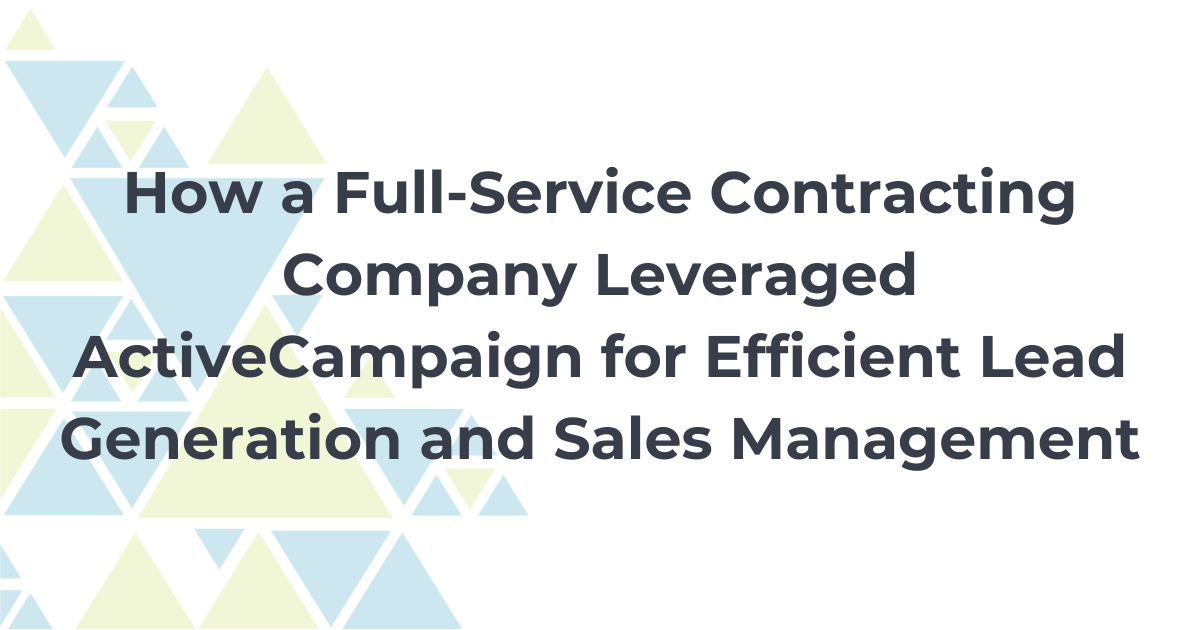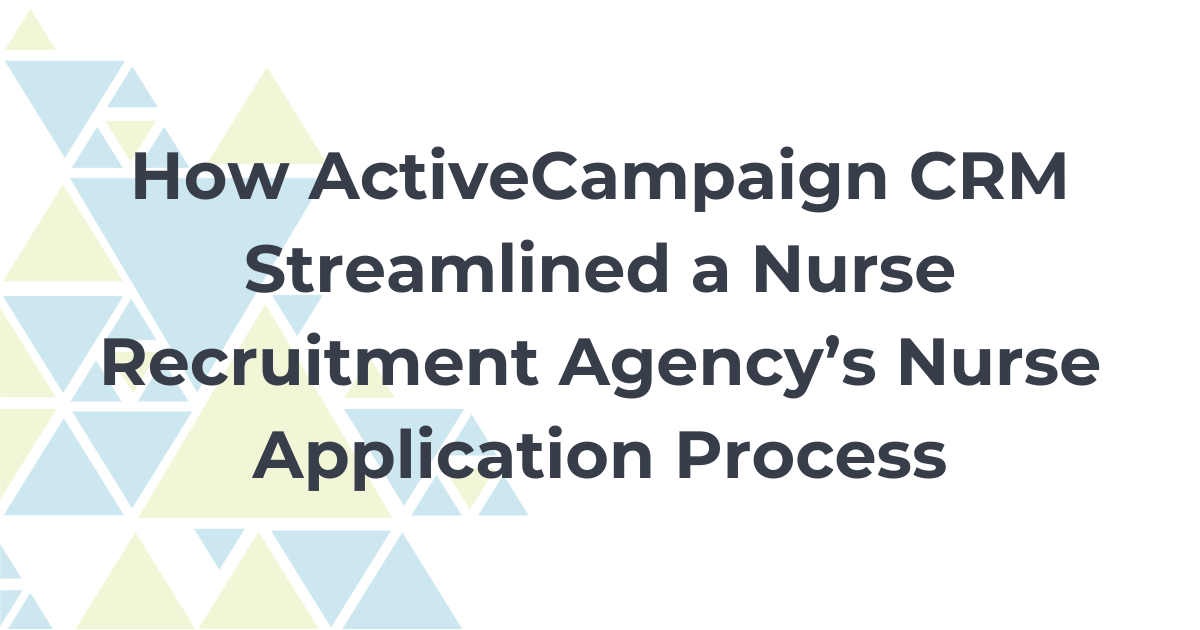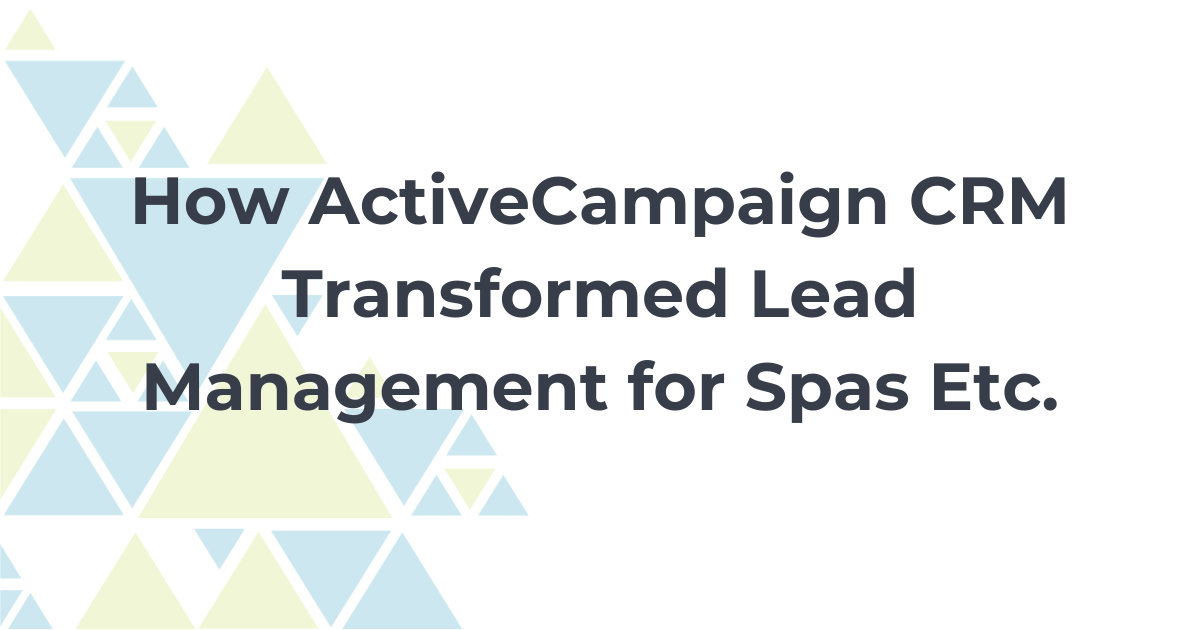In last week’s blog post, I talked about how when I first started my new business, I came in with my own broad assumptions of what my audience needed.
And that was a big mistake.
So basically, I was walking around blindly, throwing my time and money up in the air, hoping someone might buy what I was selling.
Once in a while, a few people would pay some attention, but then–nothing else would happen.
I couldn’t gain any momentum. I couldn’t move beyond a single customer commitment, much less a sale.
Me Getting to Know You > You Getting to Know Me
So I had put myself out there, marketed myself, over and over. It was like I was out fishing, sitting in my boat, and waiting for fish to bite.
But I wasn’t getting any bites because I thought I knew better.
The stress was adding up. I was creating new lead magnets, trying over and over to get a sale. I constantly made new landing pages, set up new integrations–doing all the things that experts said I should.
It was such an inefficient use of my time. I was so out of the flow. Because I was desperate, I forced out content that I assumed people wanted. The more desperate I was becoming, the more forcing I was doing.
My physical health tanked. The chronic worry and forcing lead me constantly being sick, feeling tired, and eventually crashing my immune system.
Here I was… I left my corporate job, wasn’t making a dime to my name and my business was failing.
At this point, could I go back to corporate? Had I even maintained my skills to do so?
I was so lost.
This lack of focus and “trying too hard” was showing up on my website. I had a wide array of services and products. People kept asking me exactly what I do – and again, while it appeared that I was a super successful “jill of all trades,” it turned out that my over-complication looked so fancy, people couldn’t even connect with me and understand how I could actually help them.
I didn’t understand it. There were so many people who didn’t have nearly the credentials that I had to be in business…and they were making millions–while I couldn’t even hit $1,000!
I felt that this was all wrong. That the rules–work hard and you will be successful–were not working like they were supposed to.
I just didn’t get it.
Those Pesky Assumptions…
So what was I missing?
When I realized that I had to take a step back and actually talk to my audience, I realized that even though I had all these relevant credentials and experience, I actually didn’t know everything (OK, it felt like anything) for my business to be profitable.
Although I had an idea of what they wanted, I didn’t actually know it. It was just my opinion.
My assumption.
Assumptions are so easy to make–they can be easy shortcuts to take instead of digging in and doing the hard work that’s necessary to ensure success.
But sometimes, assumptions can be so destructive to your business, costing you a lot of time and money.
But first–when is it safe to assume?
We should only ever “assume” based on a thorough overview of the information that is available. Equally, it’s important to remember that these assumptions are exactly that. They are not concrete facts and we should never fully rely on them as such. (Entrepreneur)
And, well, I hadn’t conducted a thorough overview of my audience.
Yes, I did use my years of knowledge to make my assumptions, but that fact is that entrepreneurship is a totally different beast. It has nothing to do with my former corporate life and shouldn’t have treated that way.
Yes, I did use my years of knowledge to make my assumptions, but that fact is that entrepreneurship is a totally different beast. It has nothing to do with my former corporate life and shouldn’t have treated that way.
AND even when it comes to my customer base, another assumption I made was that I even though I am uniquely qualified for my business, that all my audience would eventually buy from me.
Quite honestly, I think in the world of digital business, my audience could really give a crap about my credentials (what is a Six Sigma Greenbelt anyways?) and only cared about what they could understand and relate to themselves (what’s my story and why is it relevant?).
The thing is–my audience is my potential customers, but not my actual customers. That distinction is important because I can also assume that everyone will want to buy from me–and that’s a really dangerous assumption to make. Especially when you up and quit your job to start your business.
“If 100 people are needed to buy from you each day, plan on the requirement of an exponential number, about five to 10 times the number wanted,” (Entrepreneur)
When it really came down to it, I couldn’t really tell if my audience really wanted what I was selling, and that was because I didn’t really know them. I just assumed that I did.
They didn’t tell me. I told them. And who wants to be told what to do? I sure don’t!
So the best way to rid yourself of assumptions is to be curious! Ask questions. Ask what your audience actually needs. Get to know them as real people, not as some amorphous blob.
That Was Then–This Is Now
When we make assumptions about our audiences, it can come from an unintentionally arrogant place. I had all this experience, all these credentials, all this praise from my corporate job where I could do no wrong. I thought it’d easily translate into major sales as an entrepreneur with a new business.
In fact, quite honestly… I thought I would have doubled or even tripled my corporate salary in just the first year.
Boy was I wrong.
I got my ass handed back to me. I had to eat a big ole piece of humble pie.
Regardless of who I was and what I did before, it didn’t really matter for this new venture. What really mattered were the needs of my customers–and that’s only if my goal was to actually help them. And it was.
AND when I actually did this? When I took the viewpoint of wanting to hear the people out, versus making assumptions? People started to come to me like I was a magnet!
Baby, I Know What You Need!
But there are people out there in the marketplace, the ones who are self-certified know-it-alls, who think they knew better than their audiences. They come barreling in like the Kool-Aid man:

Oh yeah, I know what you need!
Meanwhile, their audiences think…”um…no, you don’t.”
No one wants to be aggressively sold to.
So you can have the fanciest marketing out there, but it will not guarantee that your products or services are actually all that great.
What really matters is offering products and services that your audience actually does need. And you can only do that if you aren’t assuming that you already know if you haven’t asked them.
To build lasting relationships with your audience, you have to toss your assumptions to the side, humble yourself, and start from the beginning.
So how about you? What assumptions do you have about your audience? Can you back them up with actual data or proof? I’d love to hear your experiences in the comments!



